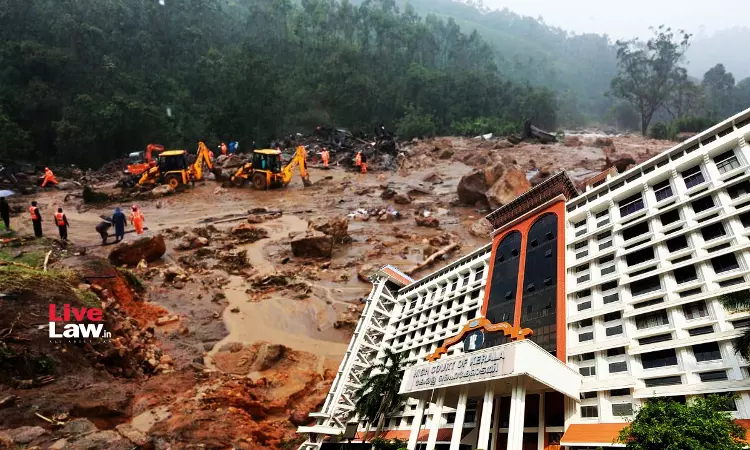The Kerala High Court has expressed its "distress" over banks deducting monthly loan instalments from the funds deposited into the Wayanad Landslide victims' accounts from the Chief Minister Distress Relief Funds.The Court was hearing the suo moto case initiated in the aftermath of devastating Wayanad landslides, to prevent and manage natural disasters in Kerala.The division bench...

